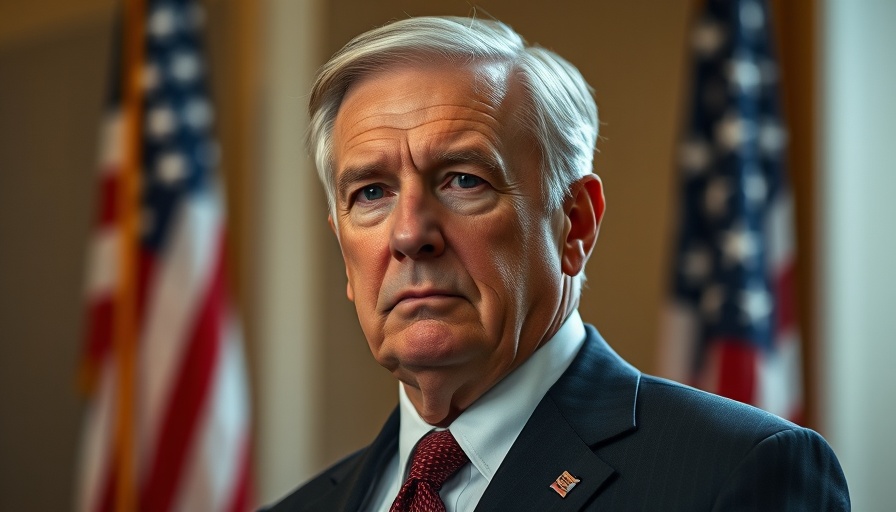
The Fallout of Trump's FTC Firings: What It Means for Regulatory Independence
On March 18, 2025, a storm erupted in Washington as President Trump dismissed two Democratic commissioners from the Federal Trade Commission (FTC), an independent regulatory body tasked with enforcing consumer protection and antitrust laws. The firing of Rebecca Kelly Slaughter and Alvaro Bedoya set the stage for a potential legal showdown, challenging a long-standing Supreme Court precedent that prohibits the removal of commissioners without 'good cause.' Slaughter's assertion that her dismissal was illegal has ignited a national conversation about the independence of regulatory bodies in the face of executive power.
The FTC, established in 1914, plays a vital role in maintaining a fair marketplace by regulating advertising, pursuing fraud, and protecting consumers. Trump's actions come amidst a broader trend in his administration, where the authority of independent regulatory agencies has been questioned and challenged. Such moves raise concerns about the implications for future regulatory practices, particularly as they relate to emerging technologies and their governance in the rapidly evolving tech landscape.
The Historical Context: Regulatory Independence at Stake
For over 85 years, the principle of regulatory independence has been upheld by the judiciary with the intention of shielding agencies like the FTC from political pressures. The 1935 Supreme Court ruling established that commissioners could only be removed for 'good cause,' anchoring their role amidst the fluctuating tides of political allegiance. Trump's firing can be viewed as a direct contradiction to this precedent, as both Slaughter and Bedoya openly clash with his administration's policies.
The implications of this shakeup extend beyond the personalities involved and into the very fabric of how regulatory bodies operate. If these firings are left unchallenged, it could set a precedent where future administrations may feel empowered to exert punitive control over the regulatory landscape, undermining consumer protections and potentially benefiting corporate interests.
The Response of the Fired Commissioners
Both Slaughter and Bedoya have vocally expressed their intent to contest their removal legally. In her statement, Slaughter claimed that the president aimed to silence dissenting voices. Bedoya echoed these concerns, highlighting that this incident should raise alarms about who will truly benefit from such actions in the long run. "When people hear this news, they need to not think about me. They need to think about the billionaires behind the president at his inauguration," he asserted, drawing a stark correlation between the political climate and corporate governance.
This clash is emblematic of the broader struggle between elected leaders and the independent entities intended to hold them accountable. As the FTC navigates this political storm, the agency's future credibility and effectiveness hang precariously in the balance.
The Wider Implications for Technology Regulation
Looking ahead, the tensions surrounding these firings are particularly critical in the context of technology regulation. With emerging technologies like artificial intelligence and more pervasive data collection practices at play, a diminished regulatory oversight could open doors to unchecked practices that may not align with consumer welfare.
The FTC has been pivotal in addressing issues of privacy, data security, and antitrust in the tech sector. As authorities shift, there is a significant risk that consumer interests may be sidelined, emphasizing the urgent need for legislative frameworks that can adapt to evolving tech landscapes while protecting the public.
Conclusion: A Call for Civic Engagement
The unfolding situation with the FTC is more than a legal battle over two commissioner positions; it is a test of the very principles that underpin American democracy. Citizens must remain engaged and informed, advocating for transparency and accountability in government practices. As this saga develops, it stands as a reminder that the protections afforded by regulatory agencies can only thrive if they are allowed to operate independently, without fears of reprisal for challenging the power of the presidency.
 Add Row
Add Row  Add
Add 



Write A Comment